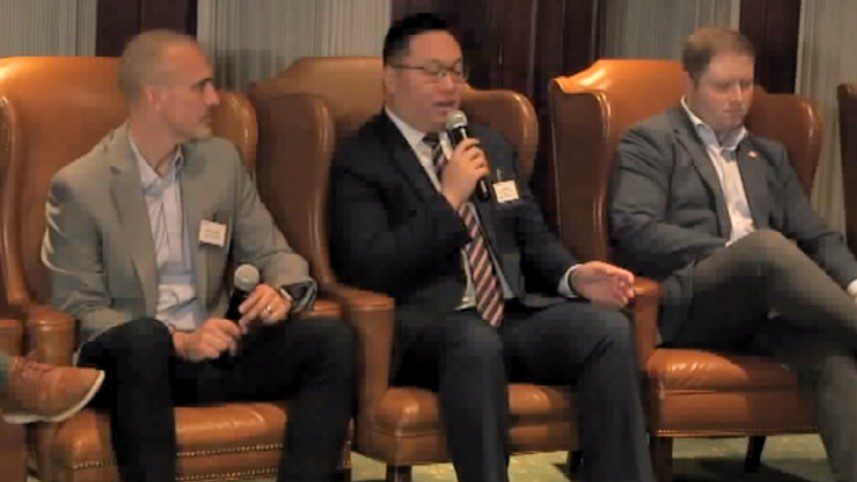New Broadband Funding Leads to Multitude of Tax Questions
Randy Sukow
|

Congress recently has recognized the importance of broadband service to all Americans and especially to rural areas that still lack service. It has allocated unprecedented billions of dollars to closing the digital divide, and rural electric and telephone providers will be among those seeking to win funds. As is always the case where large quantities of cash go, taxation issues follow. NRTC’s recent webinar, “Broadband Funding & Taxes: What You Should Know” covers as many of those questions as an hour-long event could contain.
In addition to existing FCC and U.S. Department of Agriculture funding programs, new funding will be coming from the Department of Commerce and the U.S. Treasury, with many of those funds to be distributed through the states. Taxation rules could vary depending on the program, federal entity, or state issuing awards. Similar issues could arise as new smart grid funding programs launch as well.
“We’re talking basically about the taxation of grants and how they impact different broadband scenarios,” said Russ Wasson, NRECA’s senior director, Tax Finance & Accounting Policy (pictured third from the top), who moderated the session. “That is, the concept of an exempt co-op, a taxable co-op, entities with subsidiaries, regular corporations that are taxable and taxable entities that are not corporations that might be partnerships.”

So many different potential scenarios raise questions among rural electric and telephone companies. For example, as Teresa Ferguson, NRTC’s senior director, Broadband & Infrastructure Funding (second from the top) said, NRTC members have been asking about how taxation and accounting issues affect patronage to member and non-member customers.
In some electric cooperative cases, “[broadband] service is different from electric service, so if they don’t have any patronage rights on that new service then that makes it nonmember income even if it is bought by an electric consumer,” said Bill Miller, a partner with the firm of Bolinger, Segars, Gilbert & Moss in Lubbock, TX (pictured top). “A telephone co-op is a little different because their primary purpose is already communications.”
Cheri Burnham, a partner in Moss Adams, LLP based in Seattle, WA, fielded most of the questions related to telephone cooperatives. Looking at the 85 percent member-income test, “to the extent that you have made those [broadband] customers members, that qualifies them for member treatment … To the extent that you choose to treat them on a taxable basis and not make them members, then that falls into your nonmember bucket of your 85 percent test.” That test is important to determining how to maintain tax exempt status.
The laws will affect each NRTC member is different ways. “Each of you on this call should consult your tax advisor for your own specific tax circumstances. We’re talking at a very high level. Your tax circumstances are unique to you,” Wasson said.
However, information from the webinar help members help members plan their broadband projects keeping tax issues in mind. NRTC has posted a recording of this presentation on its Upcoming Webinars web page.


